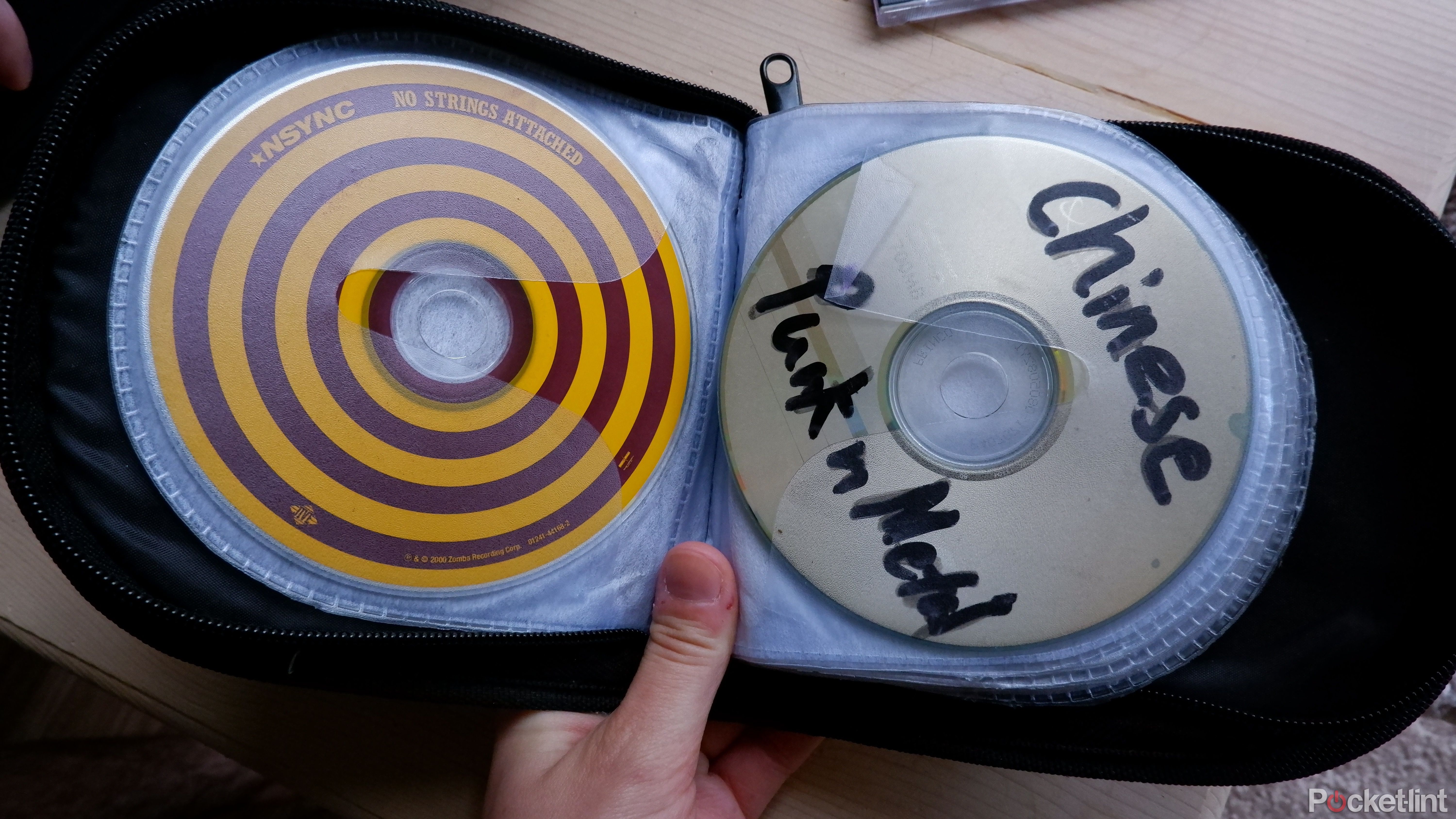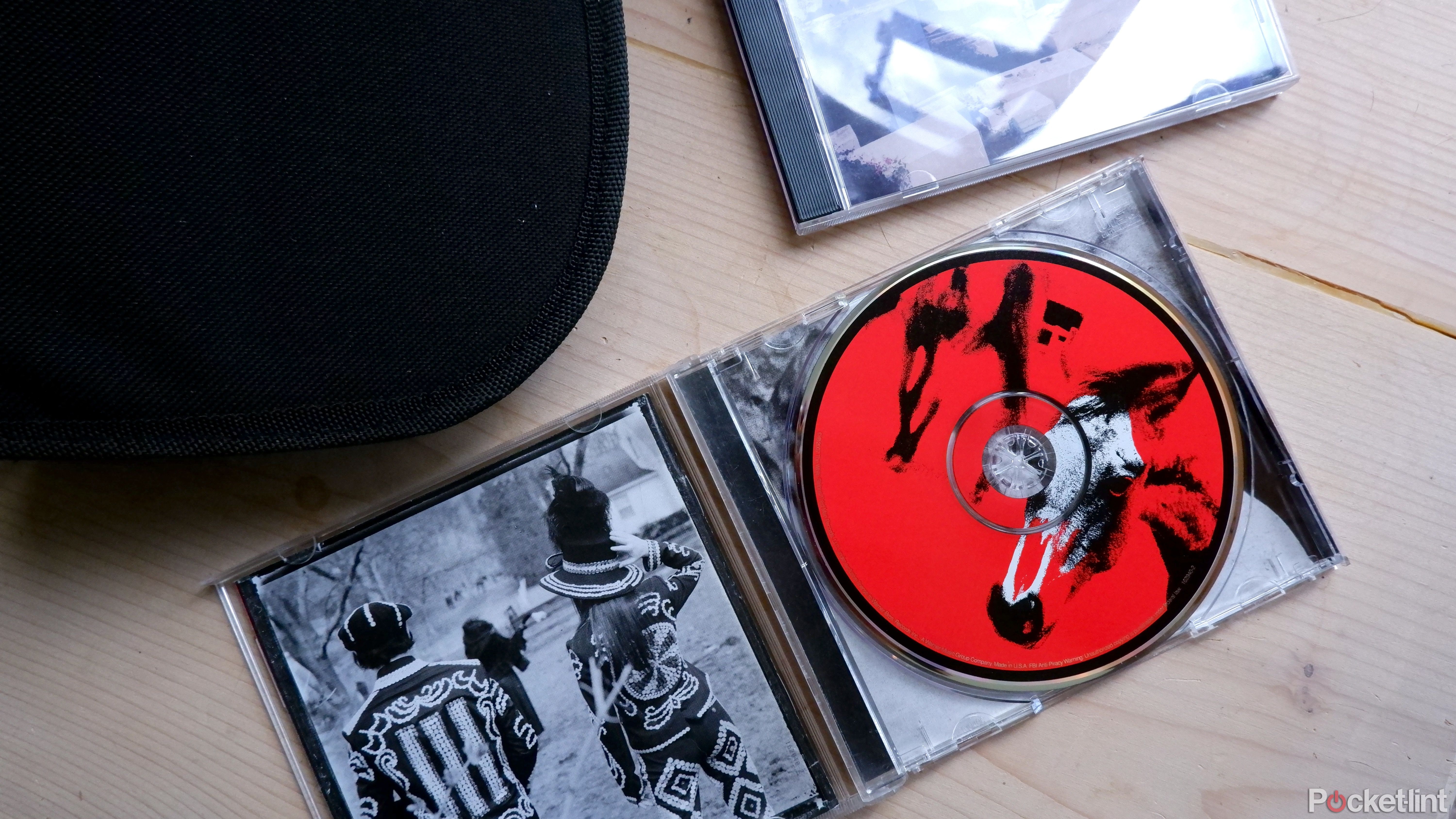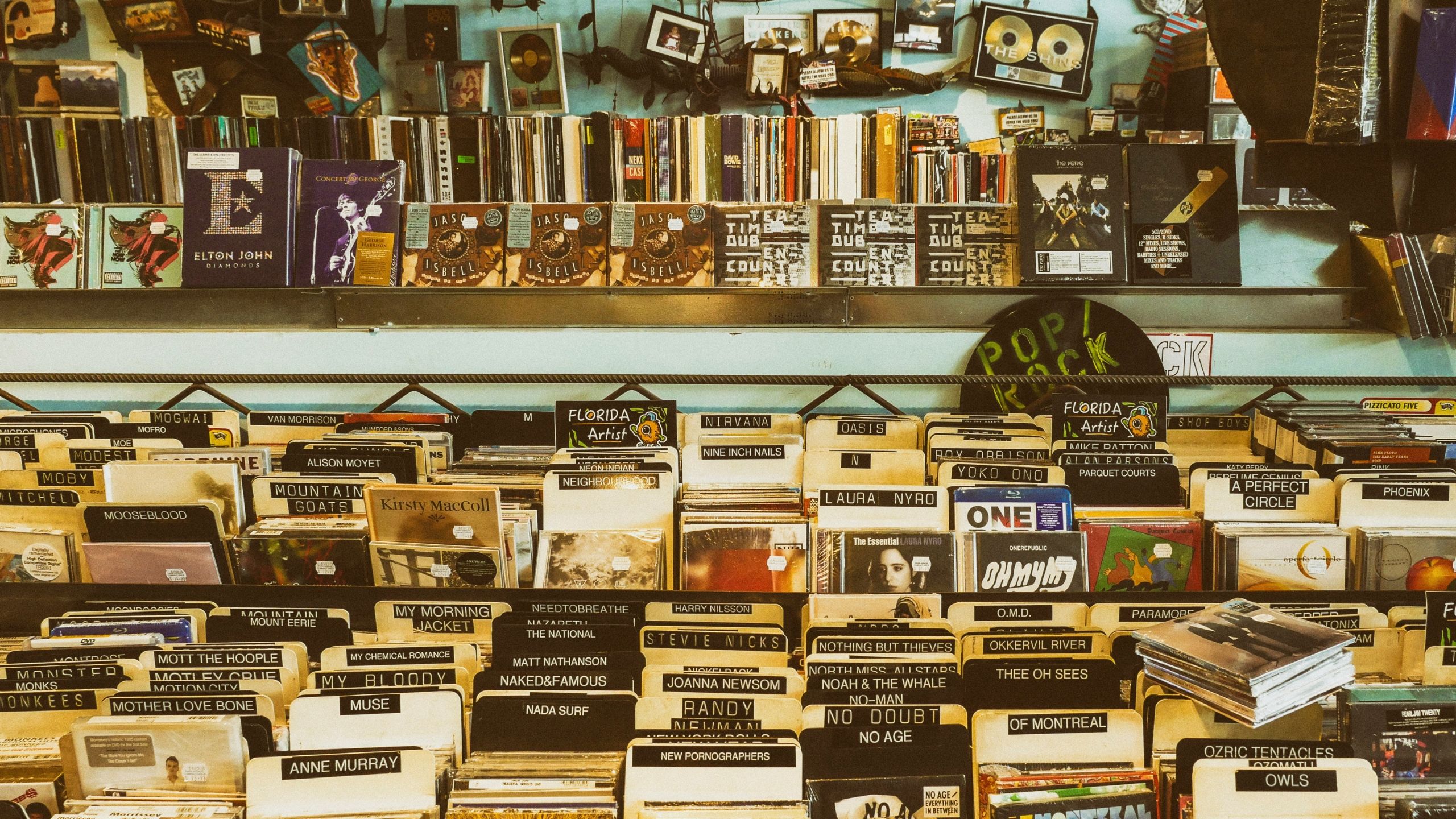Key Takeaways
- Check for rarity: the fewer copies listed at a higher price, the more unique the CD is.
- Please note: the better the condition, the higher the price. Includes disc, case and insert.
- Market research: Online comparisons will help you set realistic prices. Visit local stores to gain insight.
If you’re a millennial or older, you’ve probably bought your fair share of CDs over the years. Now that CDs are becoming popular again, you have a few options for what to do with your accumulated collection. You can listen to them again and enjoy the music you’ve collected, or you can take advantage of their renewed popularity and sell some for a profit.
If you’re planning on selling your CDs on sites like Discogs, eBay, Facebook Marketplace, or other online marketplaces, you’ll want to know how much they’re worth. If you list them too high, no one will buy them. But you also don’t want to list them too low, as that could actually underestimate the value of a rare or unique CD. So how do you determine the value of your CD? There are a few steps you can take to accurately assess it yourself. Thankfully, it’s pretty easy.
1 Check if a CD is unique
If it’s a rare CD or special edition, it may be worth a bit more.
If you search online for the same CD and see a ton of listings for the exact CD you have, it’s probably not worth much. However, if the listings are very few and the prices are skewed higher, that’s a good indication that the CD is a rarer or more unique CD. This isn’t always the case, though. For example, a CD of a local band from the ’80s that no one knows or cares about now isn’t going to be worth much.
Also pay attention to the edition of the CD. Is it the standard version that everyone has, or a special edition that’s hard to find? If the case is signed, this usually increases the value considerably.
2 Check the condition of the disc, case and insert
CDs in good condition obviously sell for more than used ones.
Look out for any problems with the CD, case, or insert. Is there visible damage to the CD? Has it been used frequently? These are important when looking at similar CDs online and judging the price. Are the cases cracked or scratched? Is the insert torn or missing parts? It’s not just the condition of the CD itself that’s importantas well as external components.
If you sell a used CD with a torn lyric sheet as a new CD, you’re going to have unhappy customers.
Writing these things down not only helps you evaluate the price, but it’s also important when selling the CD so your customers know what they’re getting. If you sell a used CD with a torn lyric book as a mint CD, you’re going to have an unhappy customer.
3 Check online marketplaces to compare prices
Following the market gives you the best ideas and the best results
Look at the same CD on Discogs, eBay, or any other online marketplace where you can find the same CD. Note the different prices it’s selling for and the condition it’s in. Use this information to make your own assessment, noting how certain factors could drive the price up or down.
If you price it too low, you’ll lose money that you could have made, and if you price it too high, chances are no one will buy your CD.
When setting your price, make sure it’s close to what other CDs of the same type and condition are costing. Price it too low and you’ll miss out on a potential profit, price it too high and chances are no one will buy it from you. Realistic ideas Knowing how much others are asking and whether people will pay a reasonable amount will help you sell your CDs successfully.
4 Go to your local record store and check the prices.
These are CD authentication experts, so take their advice into account.
Mick Haupt / Unsplash
Another good way to find out how much your CD is worth is to visit record stores or other places that sell used CDs. Check their inventory to see what prices the same CD or CDs of similar condition or rarity are asking, and you’ll get a better idea of how much your CD could sell for.
If you go into a record store and ask about pricing on used CDs, keep it short and don’t be too bothersome.
You can also ask someone who works there how they price their CDs, which might give you an idea of how they personally value their inventory. Don’t stay too long Or, at the risk of upsetting them, you can just ask a simple question and not delve any deeper – they have a job to do.





